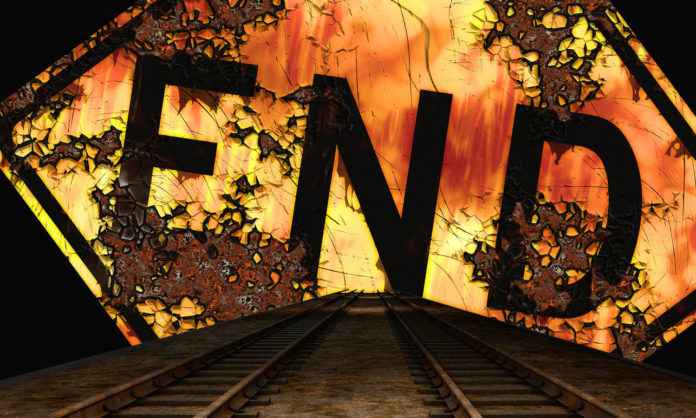
Writing advice makes a lot of hash about your first page, but Anne Allen says your last page is just as important. “What is a satisfying ending?” she asks. “It’s one that fulfills the promise made at the beginning of the book.”
Literary novels have more leeway when it comes to endings. They can be melancholic or open-ended, leaving plot questions unanswered while bringing the protagonist to a satisfying end point. Genre novels, however, need to seal the deal. Your romantic lead needs to fine love. Your fantasy hero needs to fulfill their quest.
So, what does that final chapter need to do? Allen suggests a few elements:
- Conclude the protagonist’s emotional journey
- Tie up all loose ends
- Put the minor characters back where you found them
- Answer any remaining story questions
- Reflect on the novel’s theme
- Know when to quit
If you’re planning a series, you can hint at things to come. Your heroes don’t have to solve every problem, but they need to resolve the main problem facing them in this novel. Trilogy writers have a bit more freedom with cliffhangers, but you shouldn’t over do it and do make sure your next volume is coming soon.











